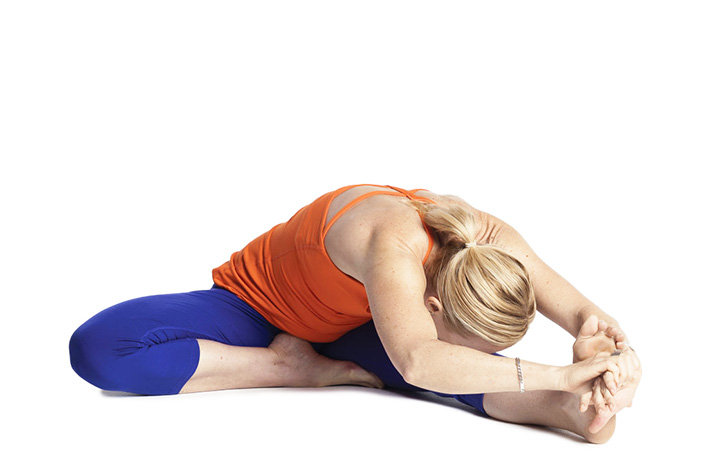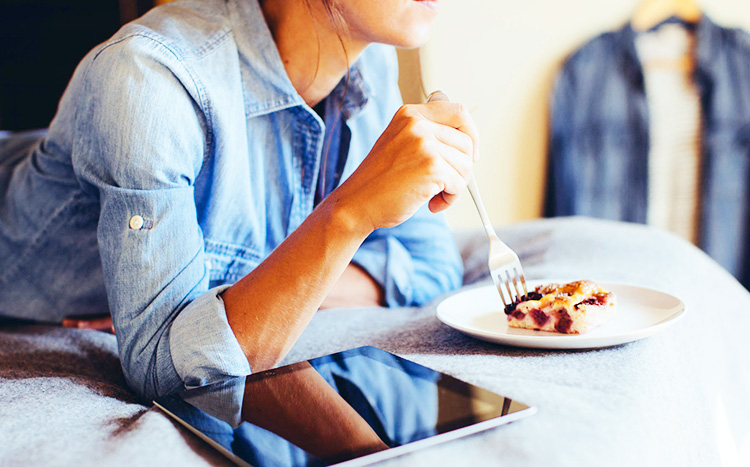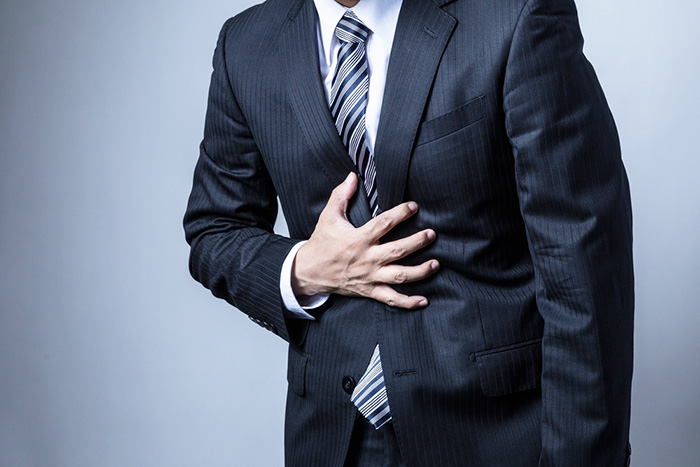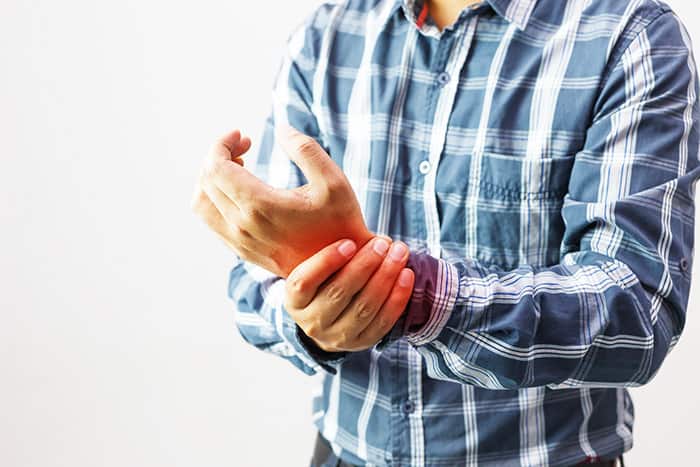Do you end up having a bout of anxiety after having a meal? You’re not alone. According to mental health authorities, such can be blamed on a number of things, all of which are nothing serious. It’s different for everybody, and this article will discuss some of the most probable ones.
Feel free to share this article on your various social media sites later on especially if you have family members and friends who tend to have anxiety attacks after eating.
A Rapid Heart Rate
The process of digestion requires a lot of blood to ensure that the various nutrients can get to the various cells and tissues. And in order for the heart to divert a lot of blood to your gastrointestinal or GI tract, it has to beat a little faster than usual.
For a lot of people with anxiety, having a rapid heart rate can be quite alarming especially because it’s something that they tend to associate with serious cardiac events such as a heart attack.
Lightheadedness Due to Low Blood Pressure
Since a lot of your blood supply is taken to the GI tract in order to help with the process of digestion, it’s not unlikely for your blood pressure to drop. One of the symptoms of having low blood pressure is lightheadedness.
You can put the blame on the fact that your brain isn’t getting as plenty of oxygen-rich blood as your stomach. Being lightheaded can make you feel like you’re about to faint, and it’s something that can definitely leave you feeling anxious.
Feeling Really Full
Especially after consuming lots and lots of food, it’s not unlikely for your belly to protrude and your stomach to be full. Such leaves very little space for your other organs, including your lungs.
Because the lungs are not able to expand completely each time you breathe in due to the fact that your jam-packed stomach is taking up a lot of precious space, you may feel that you are unable to breathe properly. Such is usually enough for an anxiety attack to come into being.
A Bout of Indigestion
For many, indigestion is a very common problem. This is most especially true for those who are fond of eating a lot or very quickly, or consuming foods that are spicy and fatty. For anxiety sufferers, however, indigestion can leave them feeling like they’re having a much more serious issue.
The problem with anxiety as a result of indigestion is that it can make the symptoms of indigestion as well as indigestion itself worse. This can create a cycle that needs to be broken before a severe anxiety attack or even a panic attack comes into being.
Intake of Caffeinated Beverages
Some people are fond of having a piping-hot cup of coffee right after having a meal. If you’re someone who is suffering from anxiety, do not follow suit — it’s common knowledge that caffeine found abundantly in coffee is a stimulant, and having the nervous system stimulated is bad for anxiety sufferers.
Instead of coffee, brew and enjoy a cup of ginger tea. Having it is perfect most especially if you are experiencing a little indigestion which is something that can leave you feeling anxious.
Having Lots of Sugar
Just like caffeine, sugar can leave you stimulated because it provides your body with massive doses of energy. Needless to say, feeling stimulated is something that can cause an anxiety attack to bug you. And once the levels of sugar drop, you may also experience even more anxiety.
Such is what’s referred to as a sugar crash, and it’s something that can be accompanied by tremors, lightheadedness, sweating and even irregular heartbeats, all of which can be mistaken for as symptoms of a heart attack. For someone who has anxiety, the thought of having a heart attack can be disastrous.








